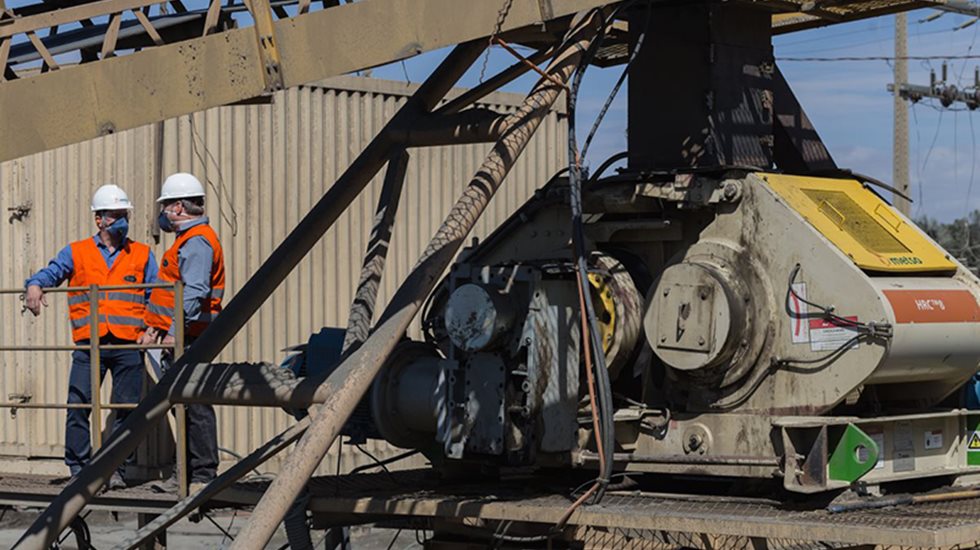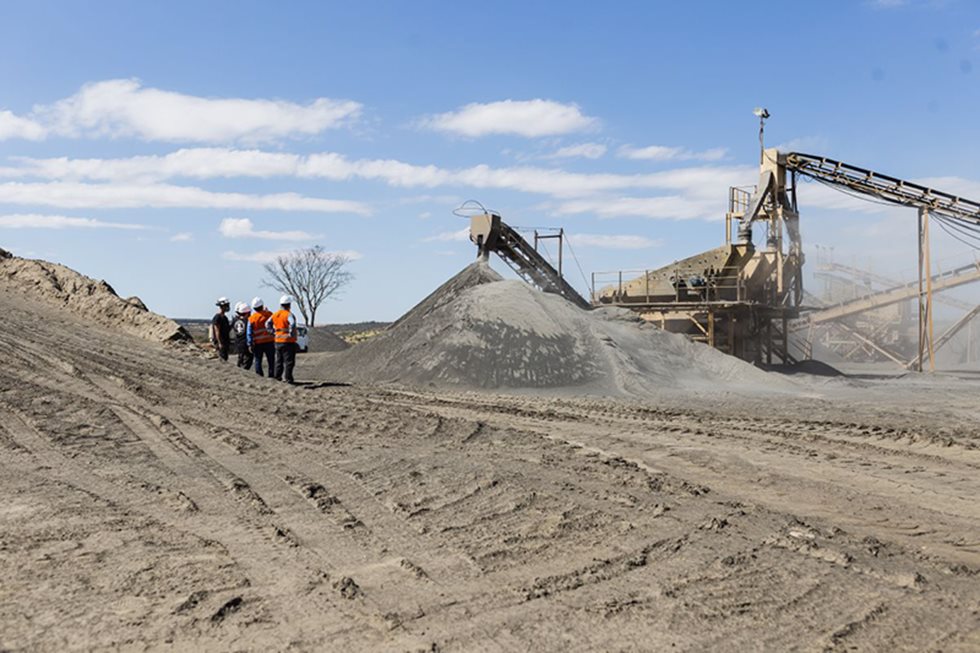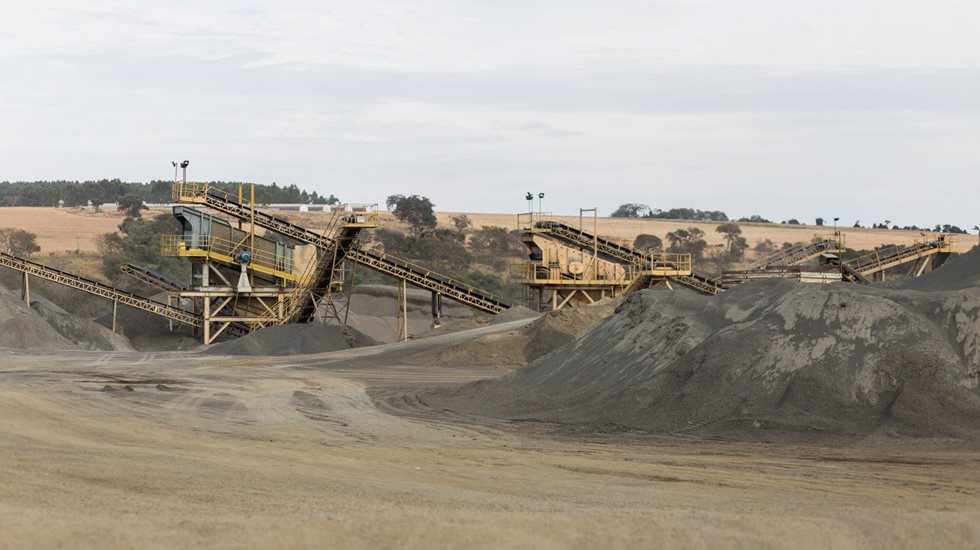Applying HRC™ technology to rock dust production
Located in Mineiros, state of Mato Grosso, the quarry controlled by the Fortaleza group owns the first Brazilian aggregates production plant totally focused on the production of remineralizers for the agro-industry based on basalt processing. In contrast to other quarries, the plant in Mineiros does not produce rock dust for remineralization as a subproduct, but rather as the main product. Soil remineralizers gained market share thanks to studies developed by farmers and universities, which confirmed their agronomic efficiency in different cultures and soils in Brazil.
Until recently, Britaminas used a hammer mill as their main production equipment. Observing the increased demand for rock dust among regional farmers, it was necessary to improve productivity, however, with the current equipment the costs were far too high, particularly due to high energy consumption. The company believed that only the traditional machinery—such as the hammer mill—could be used for rock dust production. Tests performed in the Metso laboratory in Sorocaba confirmed the feasibility of applying HRC technology to rock dust production, showing that it was possible to obtain the grading required by the agricultural market.
With the replacement of hammer mills by the HRC™8, Britaminas was able to triple rock dust production without increasing their energy consumption. “With the energy required by the hammer mill with a 200HP-motor to produce 2 tons/hour, the HRC™8 does 60 tons/hour,” remarks Abel Fortaleza Filho, director of Britaminas.
In addition to the scrapping of the hammer mill, a complex and expensive machine to operate and maintain, the choice of the HRC™8 reinforced the professionalism of rock dust production. Today, the quarry provides stable operation, resulting in a final product with a grading of less than 1 mm and with reduced wear, as the mills of the HRC™8 are estimated to require replacement only after five thousand hours of operation.


